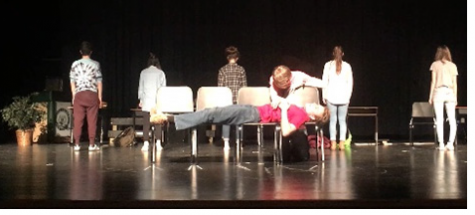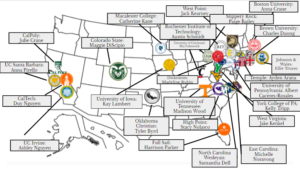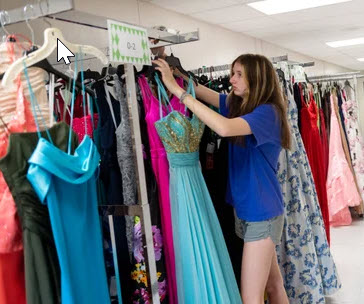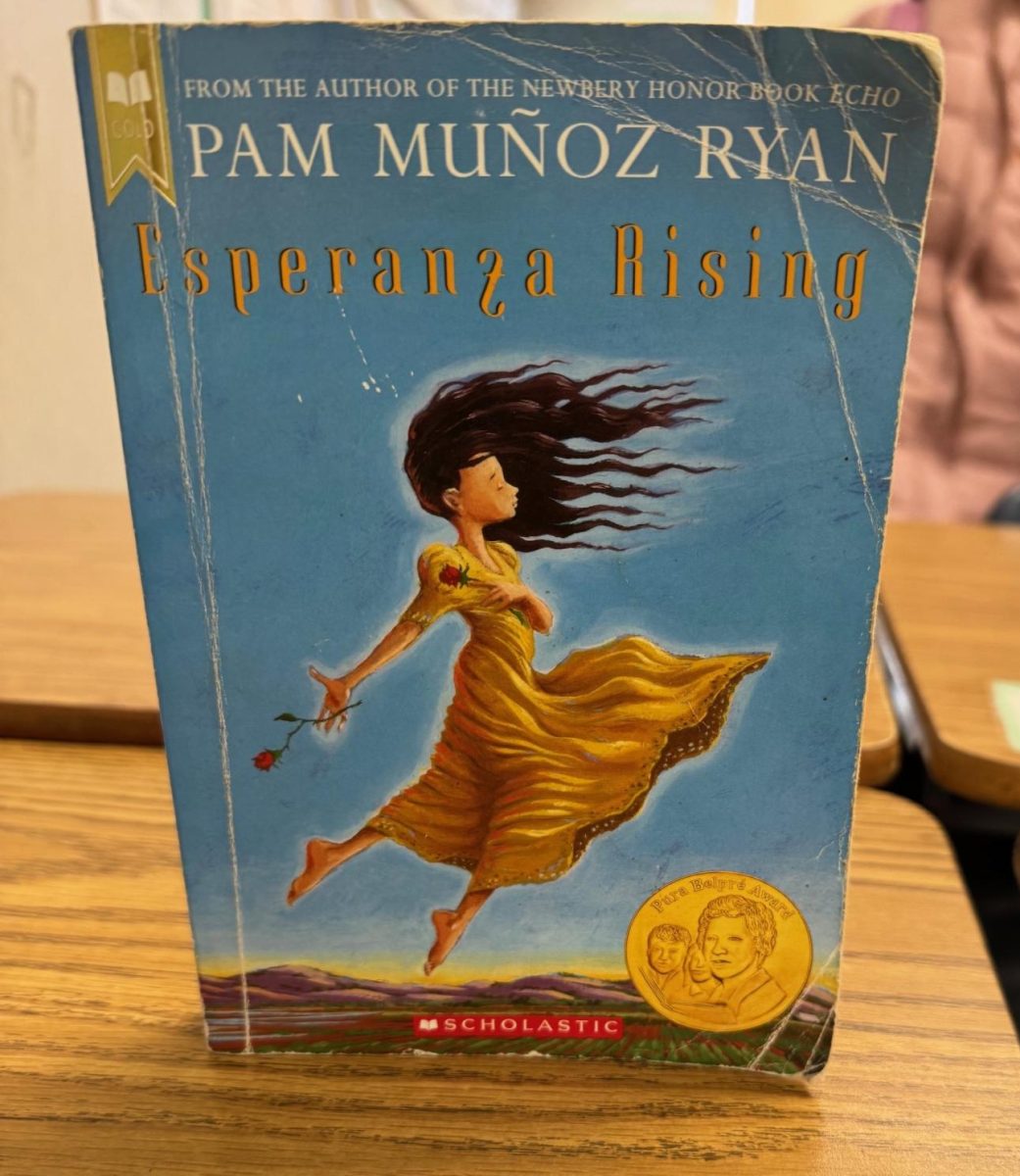Don’t Think Twice About Seeing Falls Church’s One Acts
January 25, 2018
Lights! Camera! Action! The theatre department is putting on another series of One Acts and welcomes everyone to attend. One Acts are like short plays that are just one act long and can range from thirty-five to forty-five minutes. In these One Acts, the student actors and actresses can do any genre of show to entertain the audience.
If you have never been to a One Acts show, you’re really missing a good time, saysTeagan O’Beirne (9). “I would recommend watching One Acts because they only take up a little of your time to give you the same amount of emotions that a normal play would give you.”
Behind the scenes, there are four months’ worth of work that needs to be done by the cast and crew. This includes research, choosing who to cast, working with the crew, designing the set, and rehearsing. The total amount of students involved in the productions is over sixty and there are six student directors. However, each act can have anywhere from two to fifteen people in the cast.
For viewers, it is completely free of cost to view the acts. All of the acts take place on January 25 at 7 p.m., and are performed consecutively. There are six total acts, all of which have very mixed genres and performances. The acts that will be performed are “Check, Please” directed by Dolly Lebow (10), “Cut” by Trisha Nguyen (12), “Abracadaver” by Elsa Dietz (11), “Caution: Politricks” by Ms. DeMarco (drama), “Open Admission” by Carson Hopkins (12), and “13th Tale” by Julia Sands (12) and Annie Stamp (10).
“People should come to the Night of One Acts because it’s a way to not only support your peers with their production that they had full control over, but it’s also free,” said One-Act director Dolly Lebow.
For each act, the director is in charge of virtually everything. This includes making sure that things go smoothly and correctly with the performance. They also oversee costume and makeup, design the lights and sound, and direct the act.
This event gives the students and student directors the opportunity to completely have control over piecing the production together. This gives them the chance to learn about responsibility and teaches them about the value of putting in effort.
“It is a lot of work for the student directors, as well as the student cast and crew,” said Trisha.

(Photo courtesy of Trisha Nguyen)




